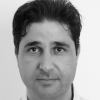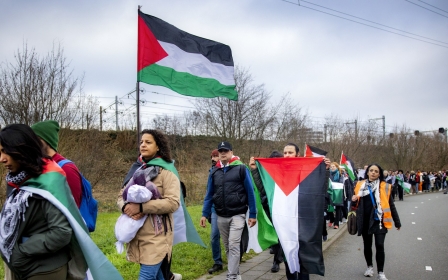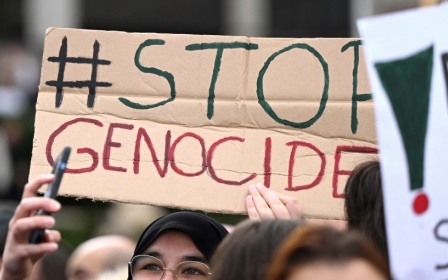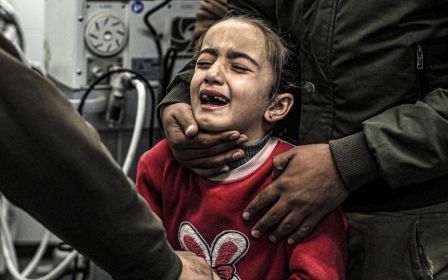South Africa's genocide case against Israel could be last chance to regain Palestinian trust
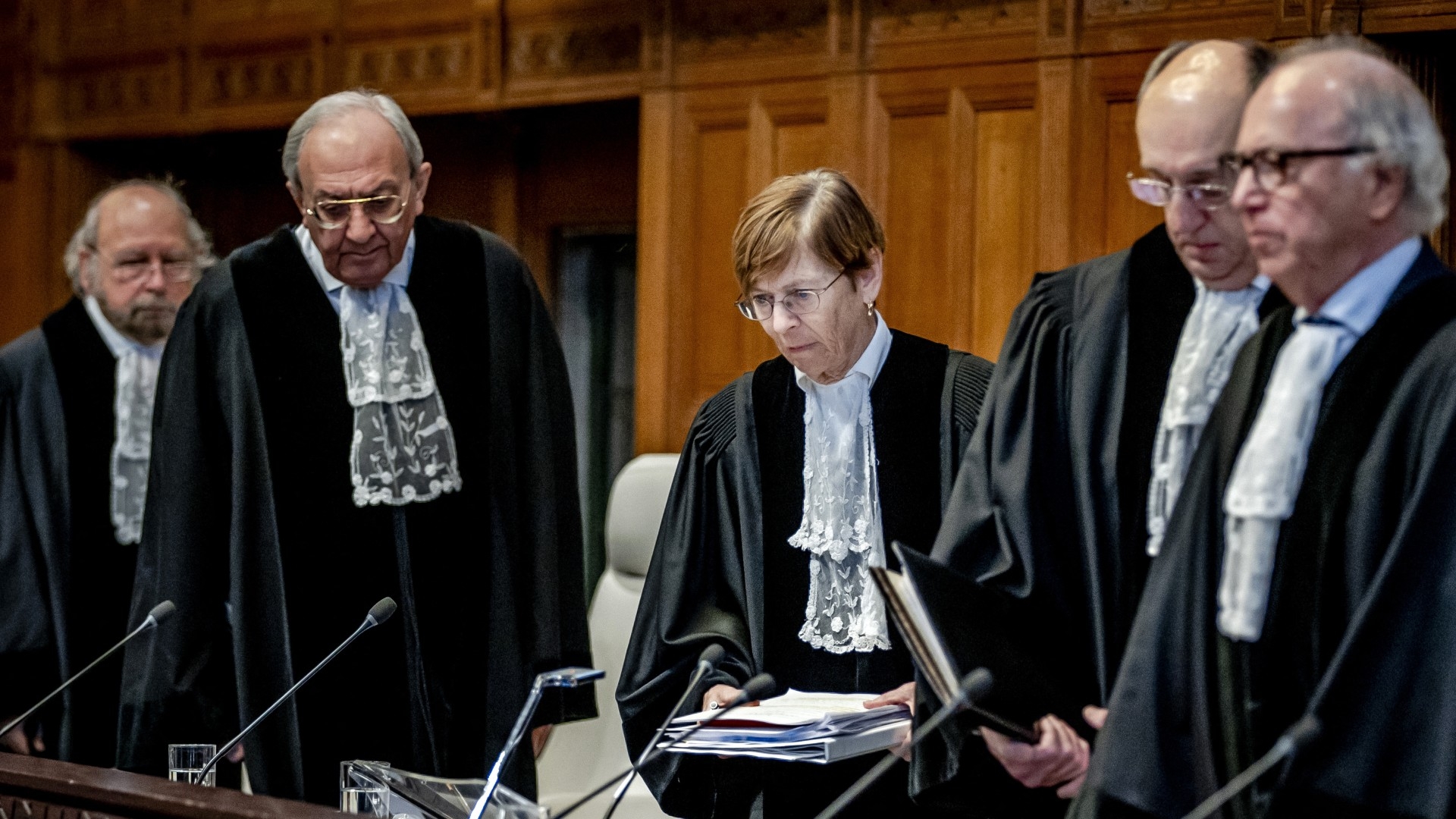
The International Court of Justice (ICJ) is holding hearings this week on a case brought by South Africa accusing Israel of genocide in the Gaza war. The case seeks an emergency suspension of the Israeli war on Gaza, with a hearing scheduled in the Hague on 11-12 January.
We Palestinians highly appreciate the symbolism of South Africa, a country that also suffered from apartheid, racial discrimination and genocide, submitting this complaint to the ICJ. It is a historic move, marking the first time any country has filed a genocide case against Israel before the World Court.
Will the court succeed in achieving what the entire international community has failed to obtain: an urgent ceasefire and accountability for Israeli criminals?
The arguments presented against Israel in the genocide case are certainly credible. Palestinians have lived and suffered from these horrific crimes over decades of occupation, and especially in the current war, which is being broadcast live for the world to see.
More than 23,000 Palestinians have been killed in this war and around 60,000 injured. Tens of thousands of buildings have been damaged or destroyed, while the majority of the people of Gaza have been starved and displaced from their homes over a period of more than three months.
New MEE newsletter: Jerusalem Dispatch
Sign up to get the latest insights and analysis on Israel-Palestine, alongside Turkey Unpacked and other MEE newsletters
Although the Palestinian people believe in the justice of their cause and are fully aware of the injustices and crimes committed against them, they still harbour legitimate fears, given their bitter experiences with the international community and the United Nations Security Council. Many of us have doubts about the seriousness of the international community - especially the US - when it comes to ending, or even mitigating, Israel’s crimes against us.
Although the final judgment of the ICJ will likely take years, we hope the court will make a quick decision on a ceasefire. But this hope dulls when we realise that implementing the ruling depends on the Security Council, where the US can veto any resolution against Israel. This has allowed Israel to long behave with impunity and in disregard of the Geneva Conventions.
Double standards
At the same time, we wonder: where are the countries of the so-called free world that have always spoken out about justice and human rights? We feel let down, because none of the Arab or Islamic states - who are supposed to be closest to the Palestinian people - contributed to bringing this case before the ICJ.
We also view with suspicion the double standards of the international justice system, which was able to relatively quickly issue an arrest warrant against Russian President Vladimir Putin over alleged war crimes in Ukraine through the International Criminal Court last March. Not only that, but in March 2022, a couple of weeks after the conflict broke out, the ICJ ordered Russia to “immediately suspend” its military operations after Ukraine raised a genocide complaint.
Follow Middle East Eye's live coverage of the Israel-Palestine war
The term “genocide” refers to the intentional destruction, in whole or in part, of a national, ethnic, racial or religious group. Some experts say the most difficult thing to prove is genocidal intent. But Israeli officials at the highest levels have made their intent clear.
They have repeatedly stated their aim of collectively punishing civilians in Gaza over the 7 October attack. In announcing a full siege of the territory, cutting off electricity and water, Israeli Defence Minister Yoav Gallant described Palestinians as “human animals”.
As we continue to suffer the scourge of war, our eyes turn to the Hague, in hopes that the screams of Palestinian children and women will prevail over the executioner's whip
Israeli President Isaac Herzog said there was no distinction between armed fighters and civilians in Gaza, noting: “It is an entire nation out there that is responsible. It’s not true this rhetoric about civilians not aware, not involved … and we will fight until we break their backbone.”
Israel may argue that the ICJ’s authority to rule on provisional measures is constrained by the right to self-defence recognised in the UN Charter. But what Israel is doing is not self-defence; it is clearly on the offensive. Who could realistically argue that self-defence entails displacing and starving two million people; besieging and destroying hospitals; and killing premature infants, children and women? Is cutting off water, electricity, fuel and food to an entire population an act of self-defence?
While the ICJ has no power to enforce its decisions, its rulings are binding under international law, and the outcome could further erode Israel’s global reputation and relations with other countries.
As we continue to suffer the scourge of war, our eyes turn to the Hague, in hopes that the screams of Palestinian children and women will prevail over the executioner’s whip. This could be the last chance for Palestinians to regain confidence and trust in the international community, which has never succeeded in stopping the Israeli occupation and injustice.
We hope South Africa’s case will start a new chapter for our oppressed people - and that the days of Israeli impunity will end once and for all.
The views expressed in this article belong to the author and do not necessarily reflect the editorial policy of Middle East Eye.
Middle East Eye delivers independent and unrivalled coverage and analysis of the Middle East, North Africa and beyond. To learn more about republishing this content and the associated fees, please fill out this form. More about MEE can be found here.


